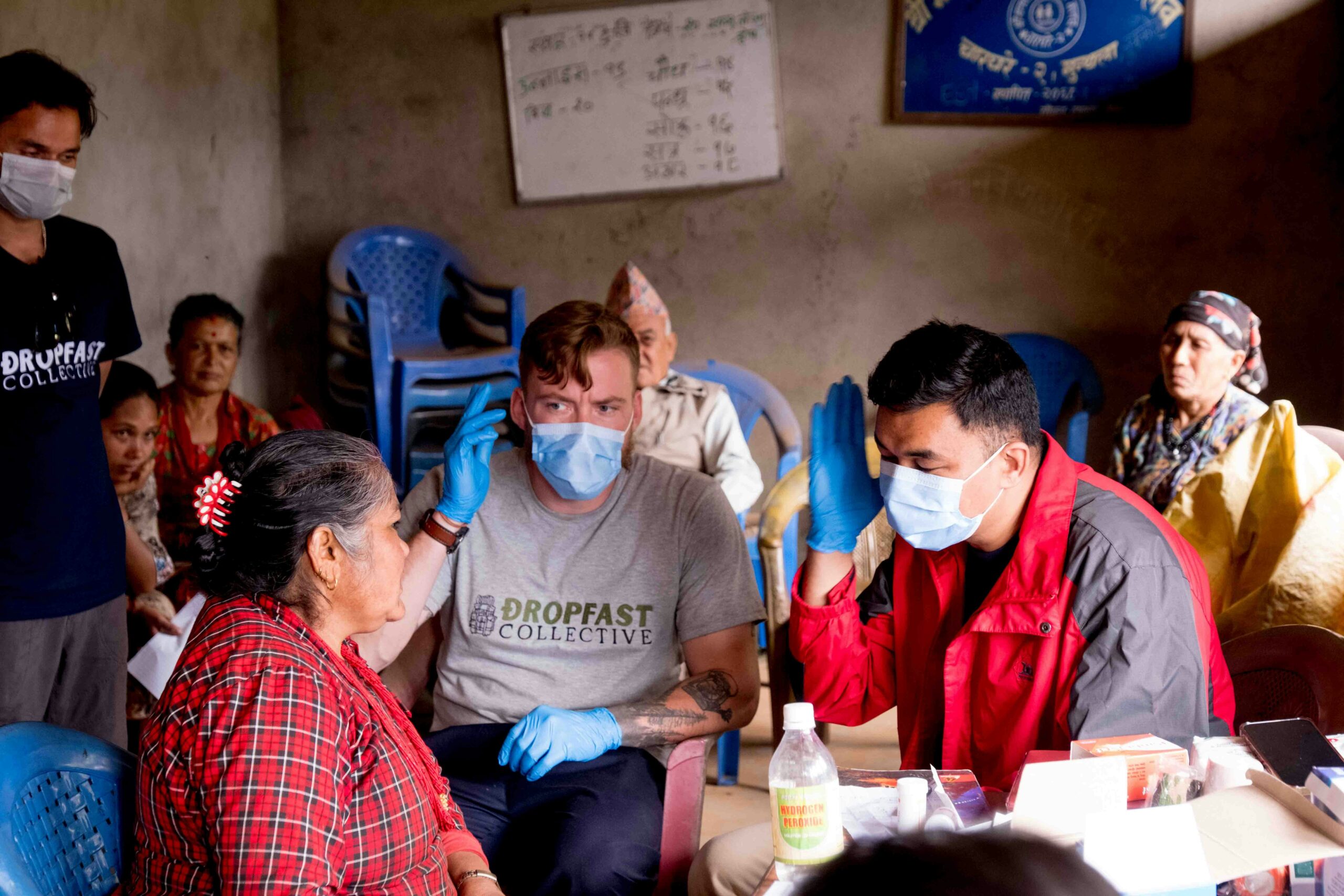The Nepalese government plans to restructure the national health insurance program to improve its effectiveness and sustainability, emphasizing stricter enforcement of the Health Insurance Act and raising the benefit cap for insured individuals. With Rs 10 billion allocated for the upcoming fiscal year, the reforms will also address financial issues faced by the Health Insurance Board and maintain coverage for vulnerable groups.
The Nepalese government has unveiled plans to overhaul its national health insurance program, aiming to address existing issues and enhance its effectiveness and sustainability. During the budget presentation for the fiscal year 2025–26, Finance Minister Bishnu Paudel emphasized the need for stricter enforcement of the Health Insurance Act, focusing on better institutional discipline, reducing leaks, and reforming service delivery.
To boost the scheme’s quality and accessibility, the government intends to gradually raise the benefit cap for insured individuals and integrate additional public health initiatives for more efficient resource management. Citizens will also have the flexibility to select insurance policies that best meet their needs, alongside measures to reduce redundancy and prevent service misuse. Notably, current health insurance coverage will remain available for vulnerable groups, including senior citizens, individuals with disabilities, Dalits, the extremely poor, and minority communities.
The program has been allocated Rs 10 billion for the upcoming fiscal year, and pending insurance claims will be audited by a third party to ensure timely settlement within the year. The budget speech also highlighted financial challenges faced by the Health Insurance Board, as delays in reimbursements have caused some hospitals to limit services under the scheme, underscoring the urgent need for reform.


